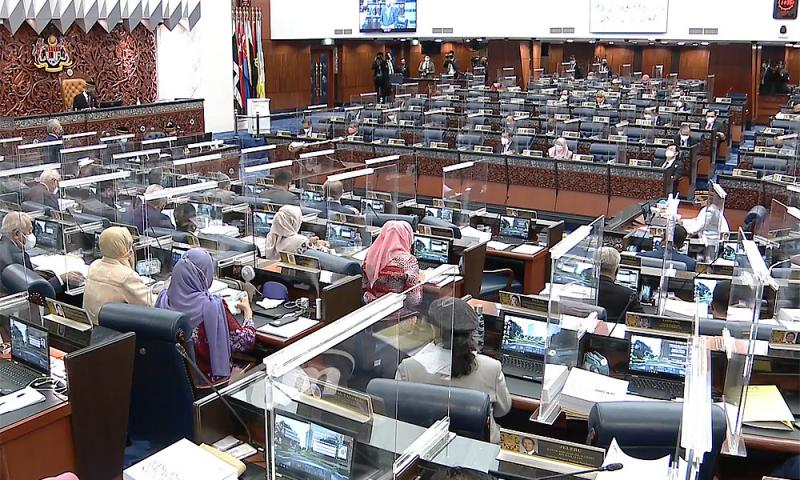COMMENT | Anti-hopping law for M'sia – is it beneficial?
COMMENT | Party-hopping refers to elected lawmakers switching allegiance to a different political party midway through the term of office to which they were elected.
Party-hopping can trigger the fall of a sitting government, as the key prerequisite for a government to be formed and retain power is the continued support of the majority in the relevant legislature: Parliament at the federal level and the State Legislative Assembly at the state level.
Thus, if the scale of party-hopping eliminates the government’s majority in Parliament, the prime minister will be constitutionally required to tender the resignation of the cabinet.
Party-hopping is deemed problematic and a betrayal of voters’ mandate, if we assume that voters in each constituency are primarily motivated to vote for a particular political party instead of the representative himself/herself.
This is arguably true in Malaysia, as political parties heavily fund election campaigns and promote their candidates, and independent candidates rarely manage to win elections.
Given the rampant party-hopping at both federal and state levels since the 14th general election (GE14) in 2018, there have been numerous calls for the enactment of an anti-hopping law.
This would make it compulsory for an MP or state assemblyperson who “party-hops’ or is expelled from his/her party to vacate his or her seat.
This means the seat can no longer be “carried over” to the MP or state assemblyperson’s new party, and effectively imposes a “penalty” on the representative involved.
To date, no such bill has been tabled even though the memorandum of understanding (MOU) between the government and Pakatan Harapan in 2021 contains a pledge that an anti-hopping bill would be tabled and passed no later than the current sitting of Parliament.
Indeed, several challenges stand in the way of the...
RM12.50 / month
- Unlimited access to award-winning journalism
- Comment and share your opinions on all our articles
- Gift interesting stories to your friends
- Tax deductable
